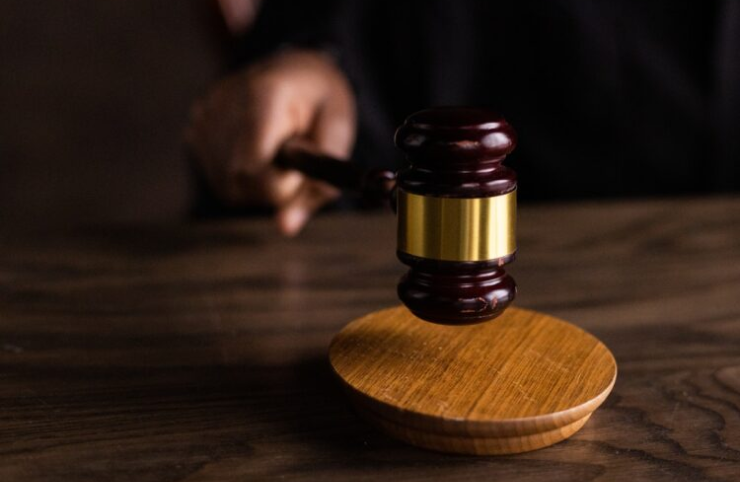
Texas Governor Greg Abbott pardoned Daniel S. Perry in a recent controversial decision. Perry was convicted of fatally shooting Garrett Foster. Foster was a protester during a Black Lives Matter demonstration in Austin in the summer of 2020. This pardon has sparked a heated debate about the governor’s constitutional authority to grant pardons. The implications of such decisions on the state’s criminal justice system are also discussed.
Legal Basis for Gubernatorial Pardons
Under the Texas Constitution, Article IV, Section 11, and the Texas Code of Criminal Procedure, Articles 48.01 and 48.03. This authority applies except in cases of treason or impeachment. The governor can act upon the recommendation and advice of a majority of the Board of Pardons and Paroles. This authority is further elaborated in the Texas Administrative Code, Rule §143.1. The rule states that the governor may grant a full pardon after conviction or successful completion of a deferred adjudication community supervision term.
Support and Criticism of the Pardon
In the case of Daniel S. Perry, the decision to grant a pardon has been met with both support and criticism. Supporters argue that Perry acted in self-defense against Foster. Foster carried an AK-47-style rifle during the protest. They also point to Texas’ strong “stand your ground” laws. These laws allow individuals to use force in self-defense when they perceive a threat to their lives or property.
However, critics of the pardon argue that the decision was politically motivated. They also state that it undermines the integrity of the state’s criminal justice system. They pointed to evidence presented during Perry’s trial. This included racist online comments he had made and psychological experts’ findings that he was “basically a loaded gun.” Opponents argue that the pardon sends a message that certain lives, particularly those of protesters and activists, do not matter.
The case highlights the complex intersection of issues. These include the right to protest, the Second Amendment, and the use of force in self-defense. It also raises questions about the role of the governor and the Board of Pardons and Paroles in the criminal justice system. Additionally, it highlights the potential for political influence in pardon decisions.
Broader Implications of Gubernatorial Pardon Power
The debate surrounding Perry’s pardon is ongoing. It’s essential to consider the broader implications of the gubernatorial pardon power. Its impact on the rule of law and public trust in the justice system should also not be forgotten. While the governor’s authority to grant pardons is constitutionally protected, such decisions must be made transparently, fairly, and without bias.
The case of Daniel S. Perry’s pardon reminds us of the complex and often controversial nature of executive pardon powers. Checks on the use of these powers can prevent undermining confidence in our criminal justice system.
 Get Help
Get Help



